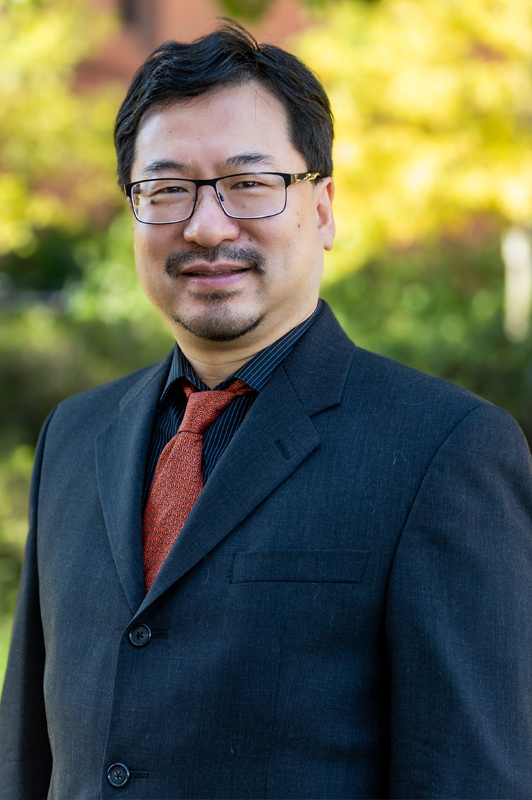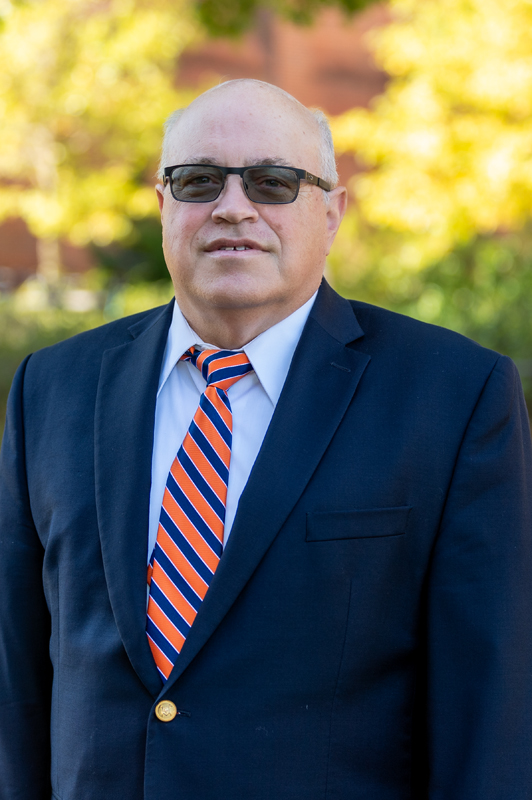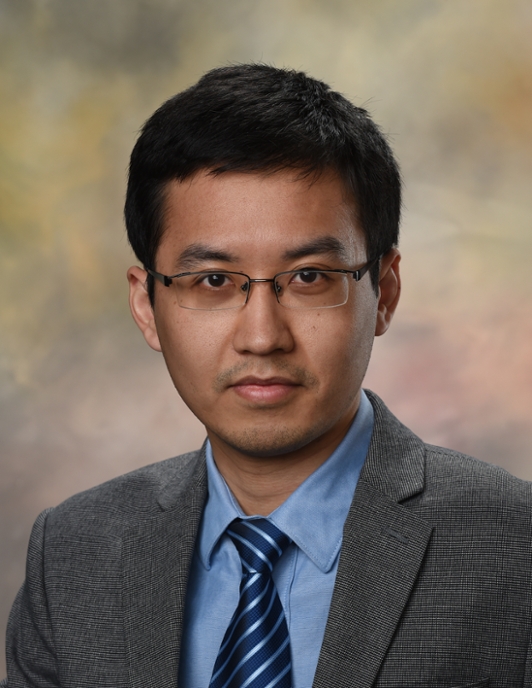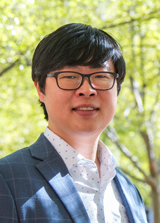Wireless Engineering Research and Education Center finds solutions to everyday communications problems
Published: Mar 18, 2024 3:15 PM
By Joe McAdory
Wireless mobile devices are necessary for people to communicate with one another. They are the power plants of GPS devices which keep us from getting lost, allow users to navigate web sites to scroll nearby restaurant menus, read the latest news and even catch up with what’s happening on social media channels.
To sum: effective wireless communications are often essential for daily life.
“Imagine where we would be without cell phone service,” said Shiwen Mao, director of Auburn University’s Wireless Engineering Research and Education Center (WEREC). “Wireless communications and mobile computing are the fastest advancing areas in the past decades. Through innovation and technology, they have brought about many changes in our daily lives, including intelligent transportation, smart and connected health, industrial internet of things, entertainment, and smart homes. We often don't realize that these changes that enhance our quality of life, are enabled by wireless engineering.”

That’s where the WEREC comes in… to push the innovation and technology envelope through research and education.
Established in 2001 and housed within the Department of Electrical and Computer Engineering (ECE), the center draws upon the expertise of more than 20 faculty members from ECE, the Department of Computer Science and Software Engineering (CSSE), and Department of Mathematics and Statistics. Graduating more than 500 students with the Accreditation Board for Engineering and Technology-accredited Bachelor of Wireless Engineering degree since its inception, it has become the focal point for cross-disciplinary research and academic activities, as well as industrial-university collaborative research and development within wireless engineering.
Research activities of the center enhance the ability of both departments’ faculties to attract extramural research funding and provide an unmatched educational experience at both the undergraduate and graduate levels.
“Our research contribution is mostly in developing new technologies that lead to publications and patents,” said Mao, professor and Earle C. Williams Eminent Scholar Chair, who noted the center has produced more than 500 published articles in leading academic journals and earned $2.24 million in funded grants for 2023.
“We also offer the opportunity for graduate and undergraduate students to participate in cutting-edge research, to make them more competitive in job market. Wireless continues to evolve quickly. Your cell phone will be outdated in two years. In such a vibrant field, our WEREC faculty are determined to produce research that pushes the envelope of innovation and remain at the top of this evolving industry.”
Recent focus areas Mao spoke fondly of include new technologies for 5G and 6G (such as milli-meter wave communications and extended reality (XR)), AI-empowered wireless communications, wireless sensing for healthcare, freshness of information, federated learning, and hardware security.
“These are all very important, trending areas that require expertise to explore,” Mao said. “We have the expertise at the center, and our work in these areas are all well-funded by the National Science Foundation (NSF), Department of Defense and industry.”
Three NSF CAREER award-winners — Mao, and Goldbold Associate Professors Xiaowen Gong and Yin Sun — call the WEREC home.
“It is very important to secure extramural funding to support our faculty and students,” Mao said. “Much of our funding has come through NSF grants, which are the most competitive to acquire. I’d also like to mention that we have collaborated well with researchers from other departments and institutions. The power of collaboration is to bring in complementary expertise, allowing us to broaden the scope of our work and work on important interdisciplinary problems.”
There WEREC faculty has been very active in taking leadership roles in their professional societies. For instance, multiple WEREC faculty reside on editorial boards of internationally acclaimed journals, including Mao, the editor-in-chief of the Institute of Electrical and Electronics Engineers (IEEE) Transactions on Cognitive Communications and Networking, a top 10 journal in the category of Telecommunications, Sun as Associate Editor of IEEE Transactions on Green Communications and Networking and IEEE Transactions on Network Science and Engineering, Gong as Associate Editor of IEEE Transactions on Wireless Communications.
Also, Jeff Ku, professor in CSSE, is associate editor at IEEE Transactions on Neural Networks and Learning Systems.
In addition to engaging many graduate and undergraduate students, the WEREC faculty has also made great efforts on community outreach. Gong has been organizing summer camps on robotics and machine learning for K-12 students every summer. Gong also leads an NSF project to provide research experiences for 30 middle school math and science teachers from underserved rural areas of Alabama, particularly the Alabama Black Belt region, via a six-week summer program and 9-month academic year follow-up for three years. Sun is collaborating with Tuskegee University on engaging minority students on developing machine learning techniques for food security for food pantries in Alabama.
“Everything we have done at the center was made possible by Samuel Ginn, who saw the need for leading education and research in wireless engineering two decades ago,” Mao said. “We will continue to push ahead with inspiring, innovative ideas as wireless technology evolves, whether it’s radio-frequency identification (RFID), WiFi, 6G networks, or measures to improve efficiency and safety, home security and healthcare. Wireless engineering keeps changing, and we will be at its leading edge.”
Media Contact: , jem0040@auburn.edu, 334.844.3447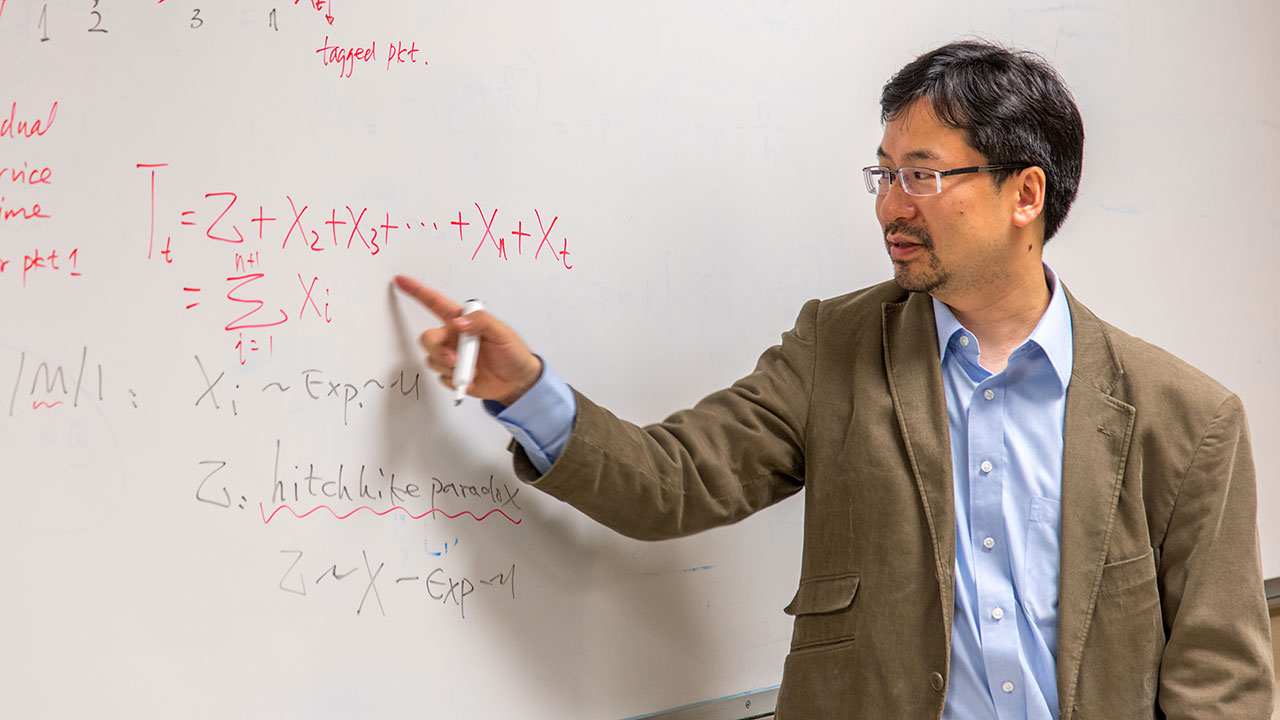
Shiwen Mao is director of the Wireless Engineering Research and Education Center.


